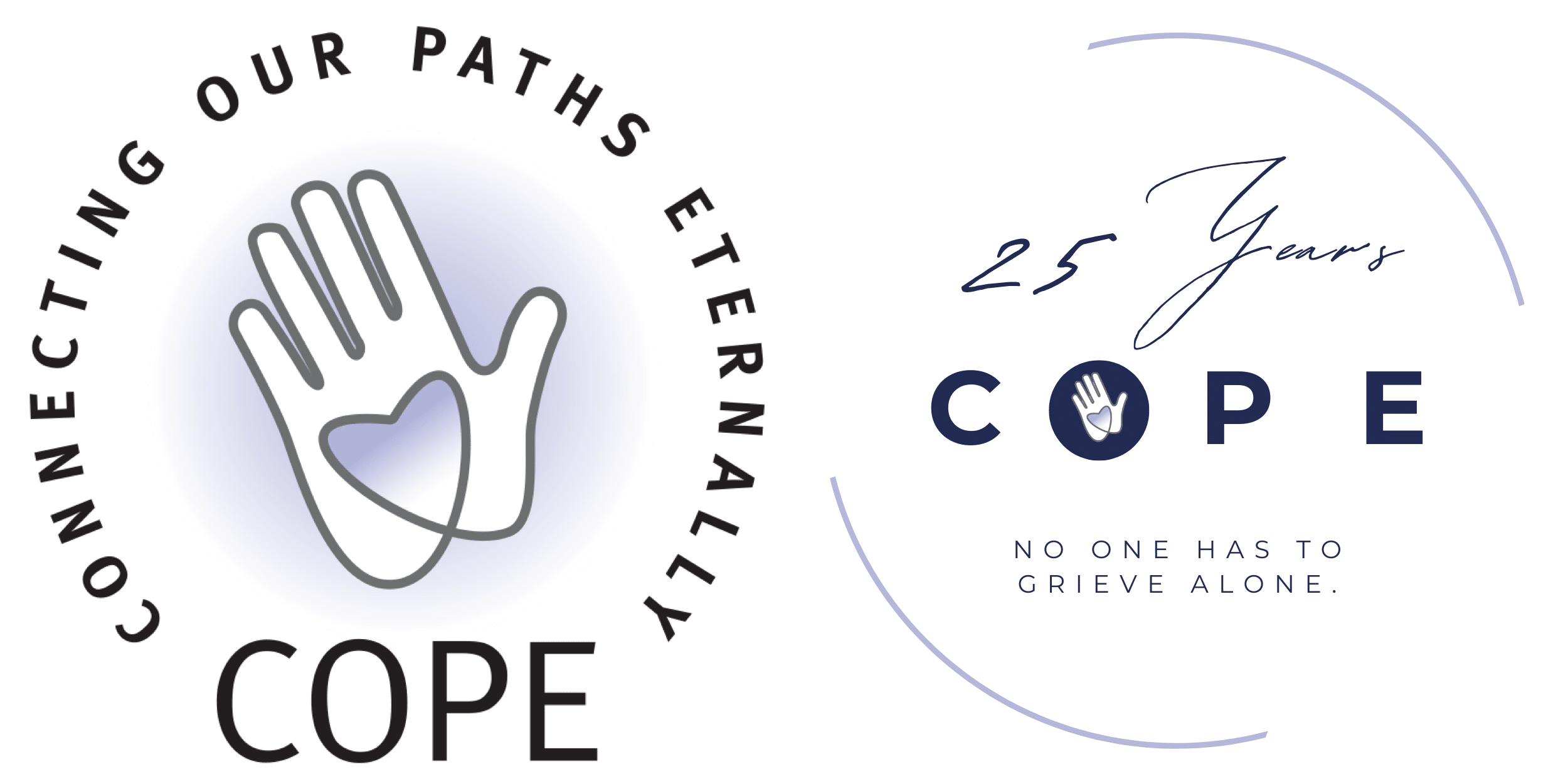Grief as an Origin Story
As I’ve been preparing my kids for Halloween and enjoying all the fantastical costumes, superheroes, and popular toys of my own childhood, it has reminded me of a topic I’ve been mulling over in my head for months. It started over the summer when I noticed more and more that the books, movies, and TV shows I was consuming all seemed to involve some element of loss and bereavement, no matter how secondary to the storyline. So much so that after mentioning it to my husband, he started noticing it too.
For some things, I knew what I was getting into. I chose to listen to Prince Harry’s memoir Spare as an audiobook because I knew it would center his story on his experience of grief and trauma through his mother’s death as a child and his service in Afghanistan. But, I had not known about his close friend’s death also in a car accident during young adulthood. It was fascinating and heartbreaking hearing his own voice recount how his grief and oftentimes his suppression of it has impacted the course of his life, how unaware he was that the trauma would bubble up in the military or in fearing for his and his family’s life with paparazzi, and how it felt to finally start to unpack some of it during adulthood.
It was also clear what I was in for when I chose to watch a recent rom-com on Netflix about a woman navigating a new relationship after the loss of her fiance and how she continued to text his phone to hold onto that bond. But when watching a perfectly mediocre (probably Hallmark-original) movie about a tennis pro coping with rehabilitation after a car accident, I was surprised with the depth of the second-act twist that his ambivalence about returning to play was not just fear about recovering from his injury, but because his sister had been in the car with him and had died. And in what I thought was another mediocre (again probably Hallmark-original, but this time Christmas) movie, the character’s brother died in childhood and the family fell apart as they navigated their grief, some of them impacted by pre-existing mental illness. Then, after the easy-watching of a dramatic teen love triangle in the first season of a TV series, I watched in Season 2 as all of the characters prepared for and coped with the death of a key character and the lengths they went to in order to hold onto her and ultimately reconnect with each other.
Grief as an origin story is not new. Our culture has used grief as a narrative device forever. Do any Disney princesses actually have two living parents? How many superheros (and villains!) were set on their path after the death of a loved one? There is a whole literary trope known as “fridging,” where stories kill off a female character solely to move a male character’s plotline forward. Even in preparing to write this piece, I came across the work of Dr. Jill Harrington on Superhero grief (https://superherogrief.com/), where she cleverly uses superhero narratives to discuss grief theories. At least in literature and entertainment, as a society we do recognize the profound impact of grief and how it can even shape a person’s life course towards great or terrible things.
But what has been most interesting to me in mulling this over is that for a typically grief-defying culture, we seem to be getting more and more comfortable talking about it in our stories. And it seems more recently we might actually be starting to do it, dare I say, better?
My examples above show I’m not often watching Oscar-worthy television, but even these writers are getting it right a lot of the time. What I’m seeing are not just stories about grief, but about people where grief is a part of their stories. I’m seeing grief not just as a plot device, but as a full and complete part of the narrative. I’m seeing it as a quiet mention or background theme, because even when there, the characters are more than just their grief. I’m seeing representations of different types of losses, more diverse and complicated versions of mourning, the incorporation of trauma, and words I haven’t read in my textbooks but have only heard in the deeply personal admissions from my clients or in facilitating peer support groups. I’m seeing secondary characters reacting in all the ways we know people do when trying to support someone grieving, and sometimes even providing genuine usable scripts for how to respond with compassion. I’m seeing therapists who are effectively helping characters process their grief, rather than just breaking every code of ethics and falling in love with them. I’m seeing grief that leads to post-traumatic stress, but just as often to post-traumatic growth.
I hope that this is a step forward and that if we keep seeing more accurate representations of and responses to grief in our movies and literature, that our society will follow. I hope that grieving individuals will continue to see more depictions of their own grief and recognize that their grief narrative might not look exactly like what has been offered up to them in the past. They will see they have more options for their own story that are not just limited to that of the superhero, villain, or damsel in distress. I hope also that we will become more comfortable discussing and supporting grief when we encounter it in our own lives or those of our loved ones. And that we will recognize that grief is not just a trope or plot device, but a story still being written.
—
Claire Sharkey, LCSW

